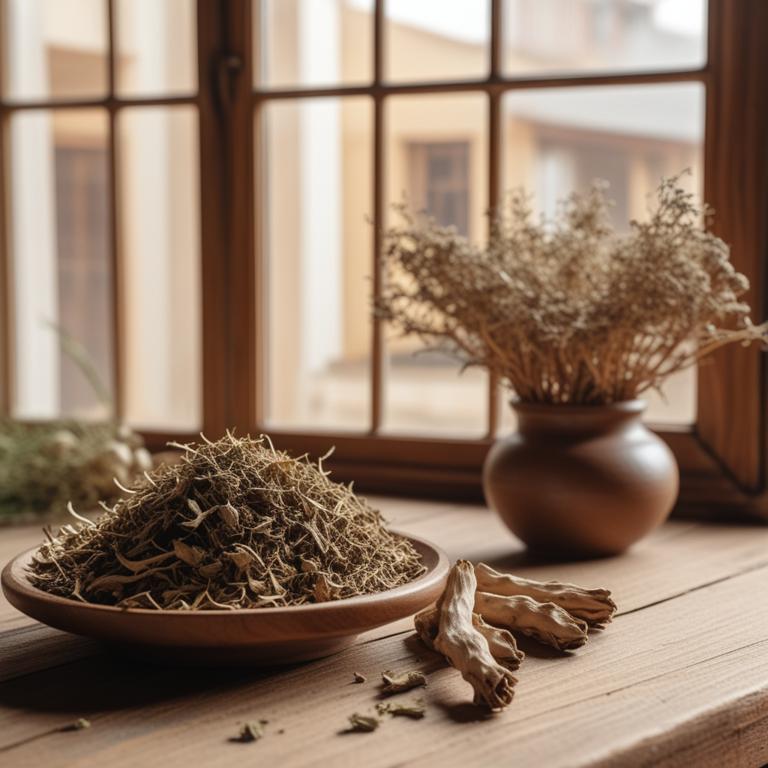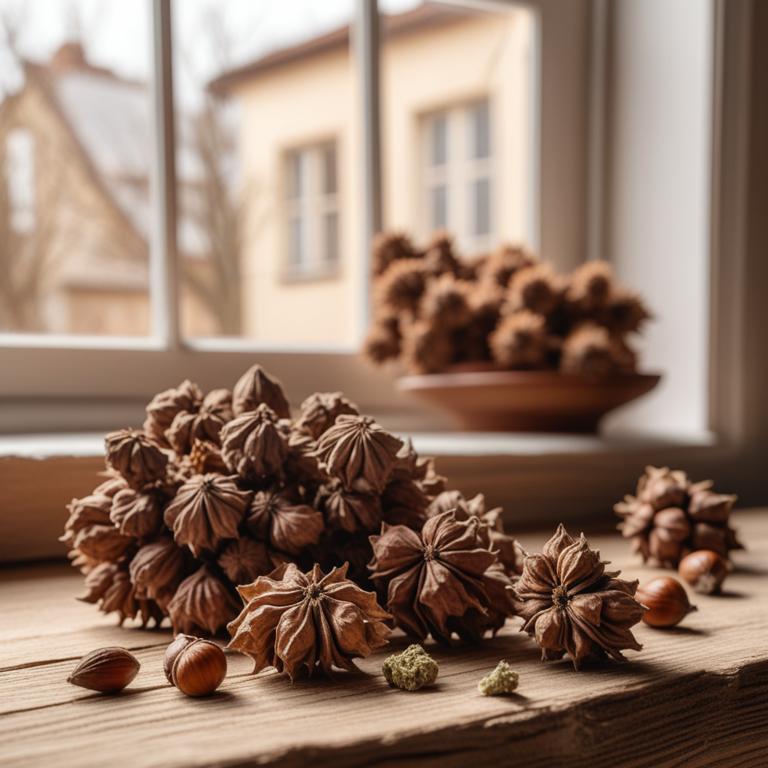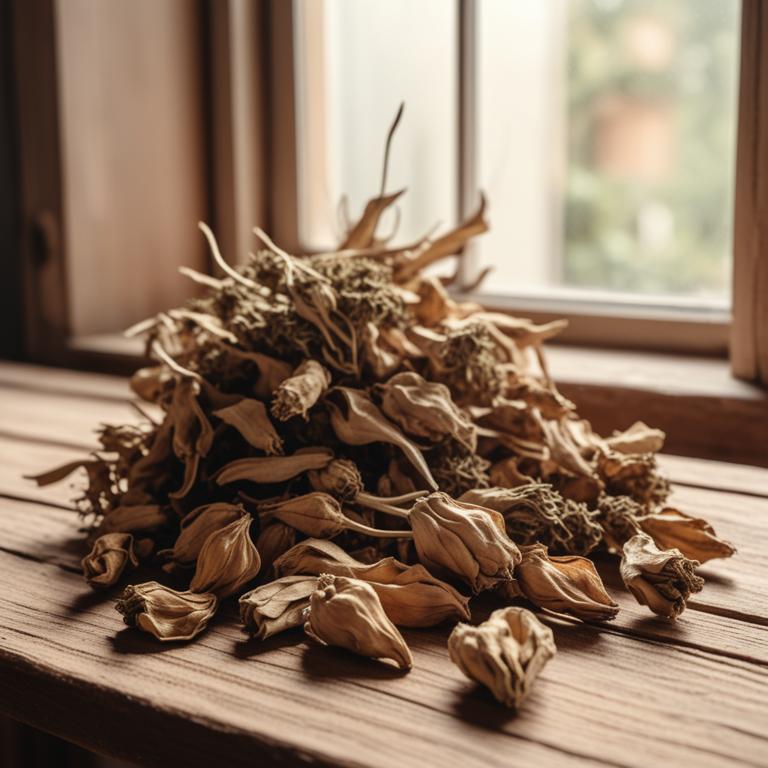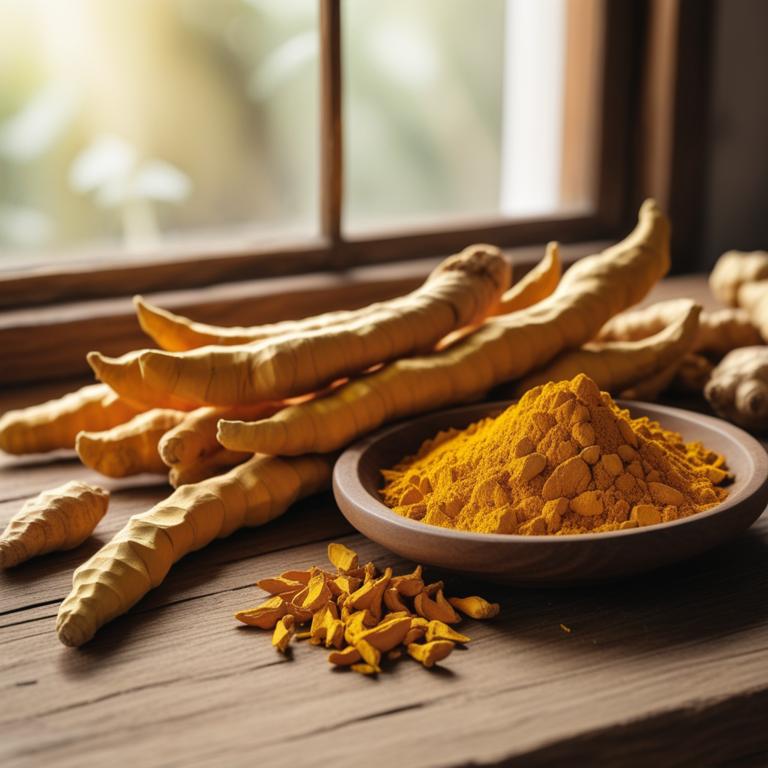Updated: Dec 1, 2024
Stomach Growling: Understanding Causes, Prevention, and Herbal Remedies
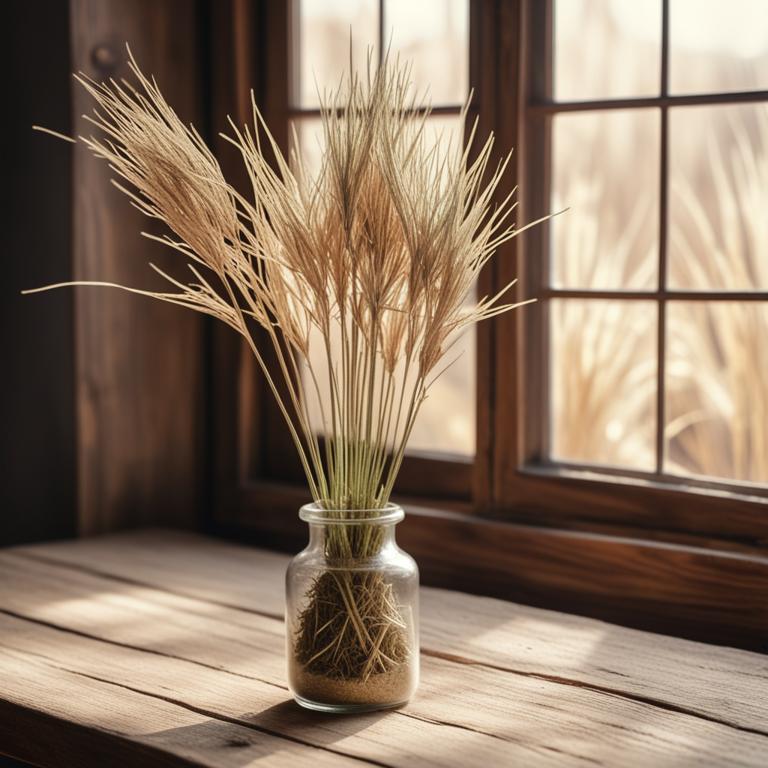
Stomach growling, also known as hunger pangs, is a common sensation that can be uncomfortable and distracting.
It's that rumbling noise in your stomach that signals it's time to eat. For some people, it can be a frequent and embarrassing problem, especially in quiet situations or when they're trying to focus. But what causes stomach growling in the first place?. It's usually due to a delay in eating or a lack of food in the stomach. When you haven't eaten for a while, your stomach muscles contract and release to mix up any remaining food and digestive juices. This process creates the growling sound.
Other factors like stress, anxiety, or certain medical conditions can also contribute to stomach growling. Fortunately, there are some natural remedies that can help soothe and calm the stomach. Herbs like ginger and peppermint have anti-inflammatory properties that can ease digestive discomfort. Licorice root, on the other hand, has a soothing effect on the stomach lining and can help reduce inflammation. To make the most of these herbs, you can try drinking herbal teas, such as ginger tea or peppermint tea, after a meal or when you feel hungry. You can also add dried licorice root to a warm water or tea for a soothing drink. Some people also find relief by chewing on ginger candies or sucking on peppermint lozenges.
By incorporating these herbal remedies into your daily routine, you may find that stomach growling becomes less frequent and less bothersome.
Table of Contents
- What gives rise to stomach growling?
- What benefits can be gained from using herbs to combat stomach growling?
- What are the main herbal remedies for stomach growling?
- Which herbal remedies are most commonly used to relieve stomach growling?
- Which herbs should you avoid if you have stomach growling symptoms?
- FAQ
What gives rise to stomach growling?
The main causes of stomach growling are hunger, an empty stomach, gas, fasting, and digestion.
When we haven't eaten for a while, our stomach muscles contract and relax to signal that we need food, which is known as hunger. This causes the sound of growling.
If we've eaten, but our stomach is empty, the muscles continue to contract to mix food with digestive juices, which also produces a growling sound. Gas in the stomach, often caused by swallowing air or eating certain foods, can also make the stomach muscles contract and relax, resulting in growling. Fasting, or going without food or water for an extended period, can cause the stomach to contract and relax in search of food, leading to growling.
Finally, digestion itself can cause stomach growling as the stomach muscles contract and relax to mix food with digestive juices and break it down.
What benefits can be gained from using herbs to combat stomach growling?
Using herbs for stomach growling can be really helpful.
One of the main benefits is that they can calm down the stomach muscles, which can stop the growling noise. These herbs can also help with digestion, so food can move through the body properly.
This can reduce symptoms like bloating and discomfort. Some herbs can even help reduce inflammation in the stomach, which can cause pain and irritation. Additionally, they can help regulate appetite and reduce hunger pangs, so you may feel fuller for longer.
This can be especially helpful if you're trying to manage your weight or eat more healthily.
What are the main herbal remedies for stomach growling?

Herbs can be really helpful for stomach growling because they have natural properties that can calm your digestive system.
Let's take a look at some of these herbs. Zingiber officinale, also known as ginger, is a popular herb for stomach issues. It has anti-inflammatory properties that can reduce nausea and discomfort. When you eat ginger, it helps to relax your stomach muscles, which can ease cramps and bloating. Mentha x piperita, or peppermint, is another herb that's great for digestion. Its active ingredient, menthol, can stimulate digestion and improve the movement of food through your digestive system. Peppermint oil can also help to reduce nausea and vomiting.
Foeniculum vulgare, or fennel, is a natural carminative, which means it can help to release trapped gas in your stomach. When you eat fennel, it can ease bloating and discomfort, making it a great herb for stomach growling. Fennel also contains antioxidants that can protect your digestive system from damage. Glycyrrhiza glabra, or licorice root, has anti-inflammatory properties that can soothe your stomach lining and reduce inflammation. It can also help to regulate your digestive system and improve the absorption of nutrients. Lastly, Cinnamomum verum, or true cinnamon, has a compound called cinnamaldehyde that can help to ease nausea and digestive issues. It can also help to regulate your blood sugar levels, which is great for people with diabetes.
These herbs can be consumed in different forms, such as tea, oil, or capsules, and can be added to your diet to help with stomach growling.
Which herbal remedies are most commonly used to relieve stomach growling?

Herbal preparations can be super helpful for stomach growling.
One option is a decoction, which is a strong tea made by boiling herbs in water for a long time. This process helps to release the active ingredients from the herbs, making them more effective for soothing the stomach. Decoctions are great for herbs like ginger and peppermint, which have natural anti-inflammatory properties that can calm stomach upset. Another option is a tincture, which is a concentrated liquid extract of herbs. Tinctures are usually taken in small amounts, but they're super powerful, so a little goes a long way. They're perfect for herbs like chamomile and lemon balm, which have a calming effect on the stomach and can help to reduce nausea. Infusions are another type of herbal preparation that can help with stomach growling.
This is essentially just a fancy name for a tea, but it's made by steeping herbs in hot water for a shorter amount of time than a decoction. Infusions are great for herbs like dandelion root and licorice root, which have natural digestive enzymes that can help to break down food and ease stomach discomfort. Capsules are also a popular way to take herbal preparations for stomach growling. These are small pills made from dried herbs that you swallow whole. They're convenient and easy to use, and they're perfect for herbs like slippery elm and meadowsweet, which have a soothing effect on the stomach lining and can help to reduce inflammation. Lastly, there's the classic herbal tea, which is often made from a combination of herbs like peppermint, chamomile, and lemon balm. These teas are super soothing and can help to calm the stomach and reduce nausea.
They're also really easy to make and can be enjoyed hot or cold.
Additional Resources:
Which herbs should you avoid if you have stomach growling symptoms?
If you have a growling stomach, it's best to be cautious with certain herbs.
Valeriana officinalis, commonly known as valerian root, can cause stomach upset in some people. It's a sedative herb, but its calming effects can sometimes slow down digestion, making stomach issues worse. Cassia auriculata, or the golden cassia, is not suitable for people with stomach problems. It's known to cause stomach irritation, nausea, and even vomiting in some cases. If you have a growling stomach, consuming this herb can make things worse.
Rauvolfia serpentina, or the Indian snakeroot, can also be problematic for people with stomach issues. It can cause stomach upset, nausea, and vomiting, which can make your stomach growling worse. Carum carvi, or caraway seeds, can be a bit problematic for some people with stomach issues. While they are often used to aid digestion, they can also cause stomach upset in some individuals, especially if consumed in large quantities. Panax ginseng, or Asian ginseng, can be a bit tricky for people with stomach problems. While it's often used to boost energy and vitality, it can cause stomach upset, nausea, and vomiting in some cases.
If you have a growling stomach, it's best to approach this herb with caution.
FAQ
Are there any specific herbs that can prevent stomach growling?
Some herbs can help calm stomach growling.
Ginger has natural soothing properties that can ease digestive discomfort. Peppermint oil, often used in teas and capsules, can also calm stomach muscles.
Licorice root has been traditionally used to calm stomach issues, possibly due to its anti-inflammatory properties, which may help reduce growling.
Is it safe to use herbal remedies for stomach growling during pregnancy?
During pregnancy, it's essential to be cautious with herbal remedies, including those for stomach growling.
Some herbs, like peppermint and ginger, may be safe in moderation, but others, like pennyroyal and blue cohosh, have potential risks.
Always check the ingredients and follow the recommended doses to minimize any harm to you and your baby.
Are there any herbs that can reduce the frequency of stomach growling?
Fennel is an herb that may help reduce stomach growling.
Its natural oils can ease digestion and make you feel fuller for longer. Peppermint is another herb that can calm your stomach and reduce growling.
It's often used to soothe digestive issues and can be consumed in tea form or as a capsule.
Related Articles
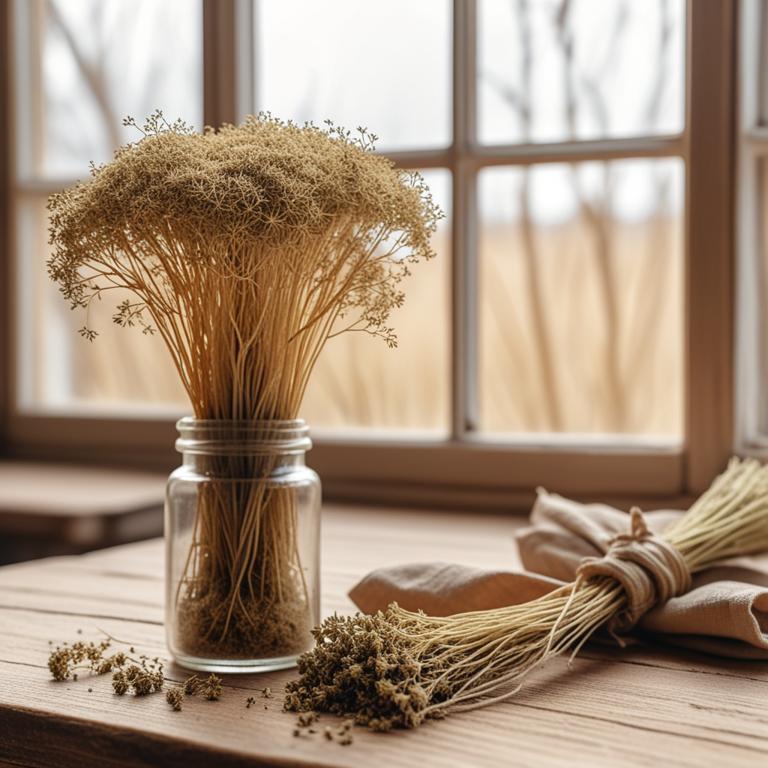
Gas in Stomach Causes, Symptoms, and Natural Herbal Remedies for Relief

Understanding Abdominal Pain Causes and Herbal Solutions

Understanding Gastroenteritis: Causes, Medicinal Herbs, and Herbal Preparations
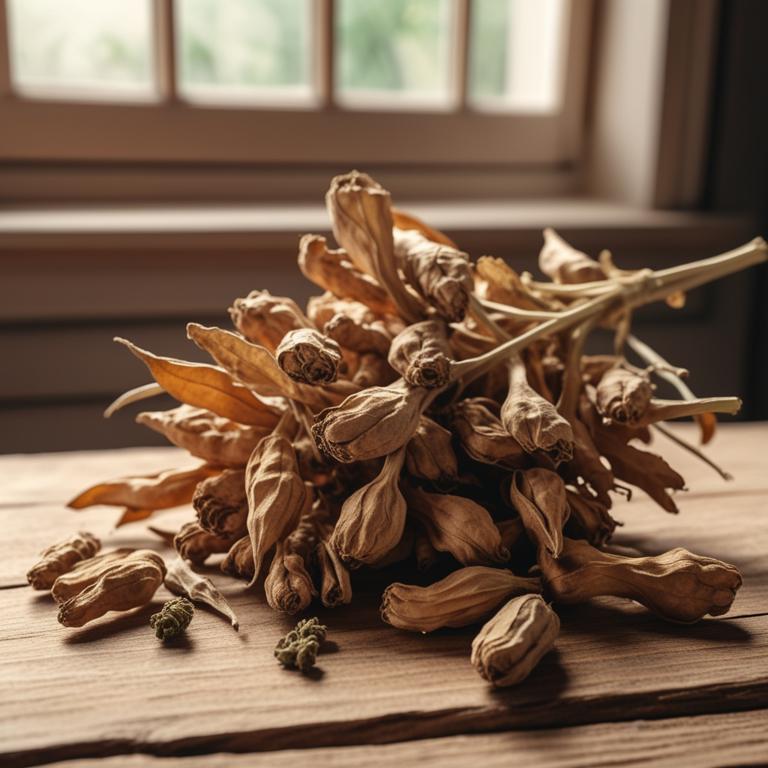
Indigestion Relief with Medicinal Herbs and Herbal Preparations: A Comprehensive Guide

Cirrhosis Causes and Prevention with Medicinal Herbs and Herbs
